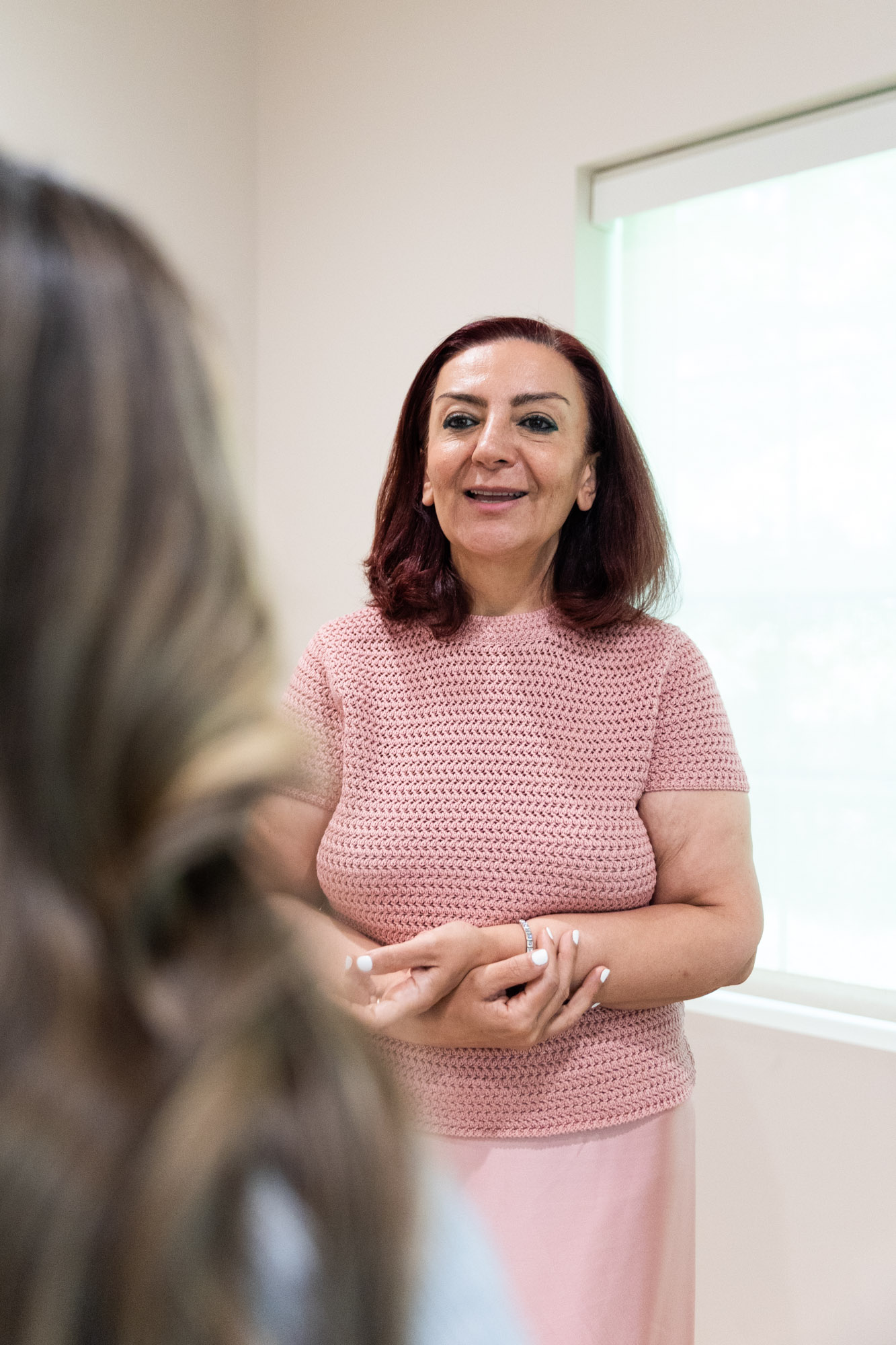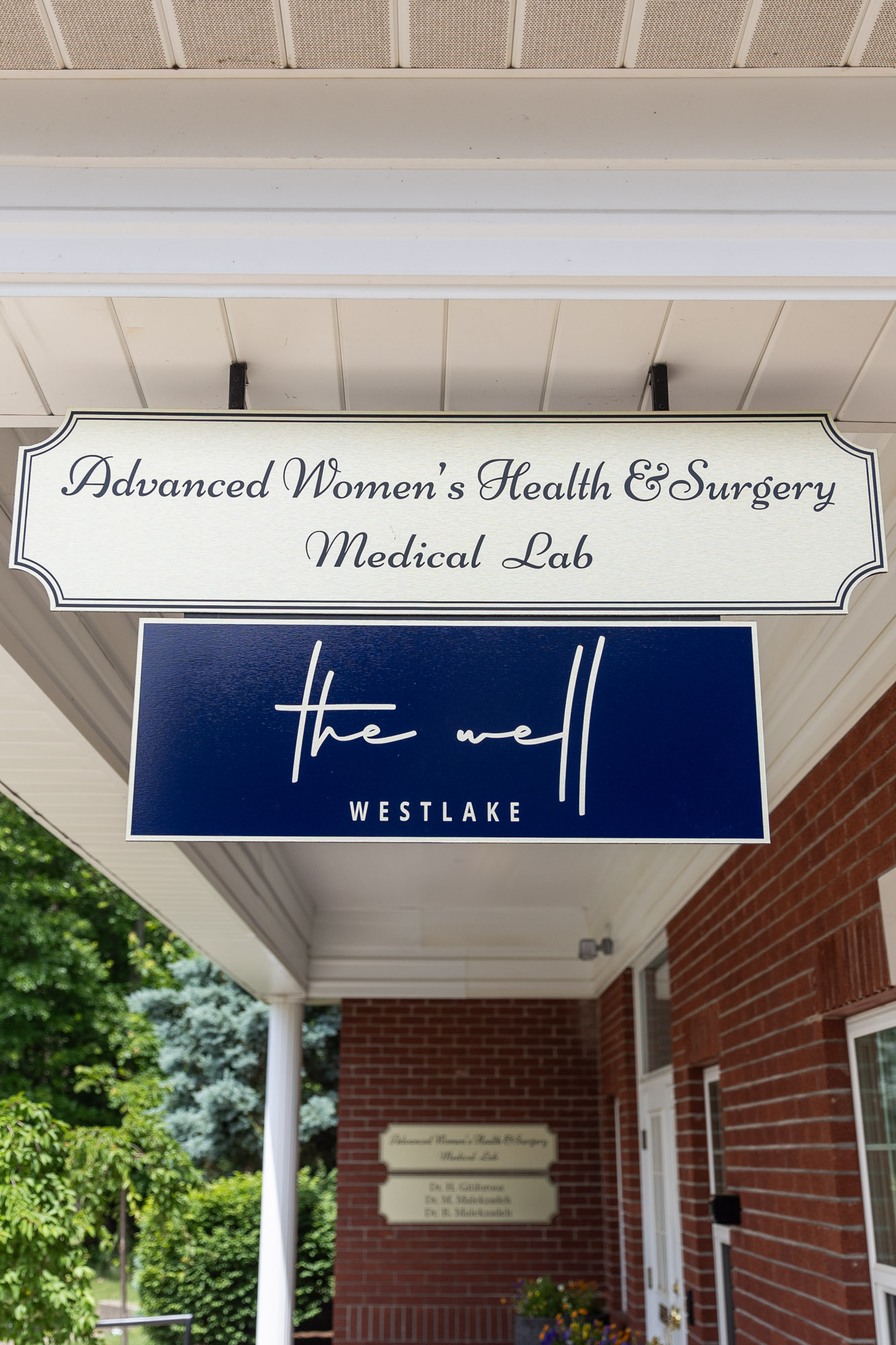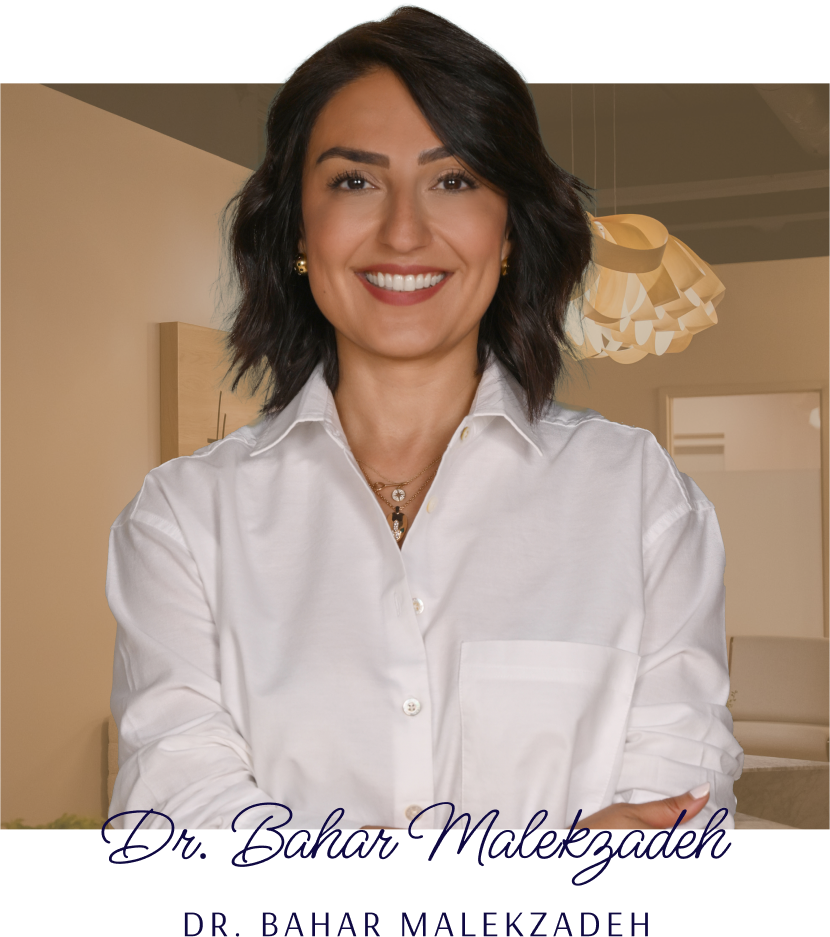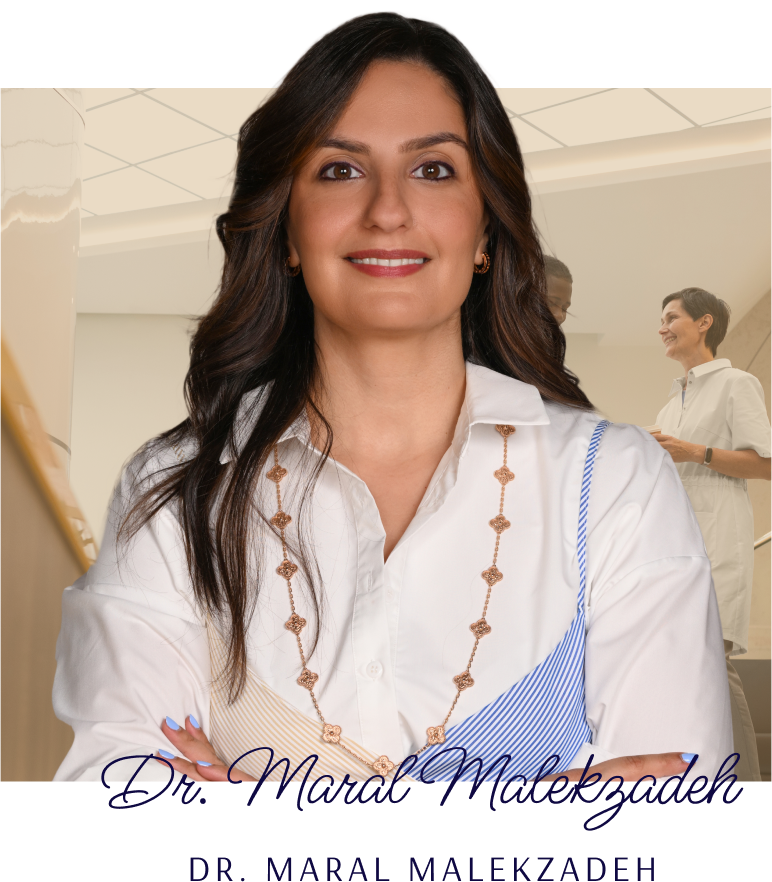Do I have to undergo surgery?
No. Your fibroid treatment in Cleveland is customized to your needs, and if you do not wish to undergo surgery, then we will help you find the best way to alleviate your symptoms.


Uterine fibroids, also known as leiomyomas, are typically benign growths composed of muscle and tissue that develop within or on the uterus. These growths are the most prevalent non-malignant tumors emerging between the ages of 30 and 50, although they can occur at any stage of life. While the exact cause is unknown, the symptoms of fibroids are:
With fibroid treatment in Cleveland, our team can help relieve the symptoms of fibroids and prevent the development of future fibroids.
To determine the right course of treatment for your fibroids, your provider will first schedule a consultation. This will give your provider the chance to learn more about your medical history, conduct a pelvic exam, complete your lab work and imaging to help our team determine the right course of treatment for your fibroids.
Treatment varies and may include surgical and nonsurgical options, so your provider will make sure to create a customized treatment plan for your unique needs. Whether you receive hormonal treatments, a surgical procedure, or both, our team will help you relieve your fibroids symptoms to be comfortable and confident in your body.
Recovery will look different depending on your unique treatment plan. If you undergo surgery, your provider will give you custom aftercare instructions to follow. If you receive hormonal treatment, your provider will schedule regular exams to ensure your fibroids treatment is still effective.
Our female-led team understands the importance of your concerns because many of them have experienced the same issues. While there are many benefits to working with our team, these are the main reasons our patients trust us to deliver exceptional care.

Comfort
We talk about very personal issues during your appointments and it can be understandably difficult to discuss these concerns. We have designed every aspect of our business to not only make you feel safe but celebrated. We want to make sure when you walk into our building, you feel comfortable enough to trust our team with your concerns.

Choices
Advanced Women’s Health and The Well Westlake share the same building because we are united by one goal: improving women’s health and wellness. With our two businesses, we can provide patients with more options for their care, ensuring they have the highest quality of treatments possible.

Clarity
We make your concerns our priority. So we make sure to ask plenty of questions during your consultation and follow-up appointments to ensure we have delivered the best care possible. We also make sure you have a clear idea of what is going to happen before, during, and after your procedures, answering any questions you have along the way.
Our providers are dedicated to helping you achieve your goals and improving your fibroid symptoms. The experts that comprise Advanced Women’s Health have an extensive understanding of fibroids and other health issues, making them some of the best people to have on your team.

Request an appointment for a consultation today to start planning your fibroid treatment in Cleveland.


The Well Westlake and Advanced Women’s Health & Surgery may be independent practices, but they share a common building for a common goal: making women’s lives better.
Each practice works synergistically with the other to provide the best holistic array of women’s health choices. Established by physicians who are also family (mother and daughters), and staffed with other skilled female physicians, our conjoined practices deliver the care you need—head to toe, inside and out.
No. Your fibroid treatment in Cleveland is customized to your needs, and if you do not wish to undergo surgery, then we will help you find the best way to alleviate your symptoms.
Fibroids are fairly common, occurring within 20% to 50% of all women. They mostly occur in women between the ages of 30 and 50.
When you are undergoing fibroid treatment in Cleveland, we suggest avoiding highly processed foods, red meats, and high-dairy foods as these products have proven to make fibroids worse.